Starting out as Cohn-Brandt-Cohn Film Sales in 1918, the studio adopted the name Columbia Pictures in 1924. Thanks to its association with Frank Capra in the 1920s, the studio gradually rose in prominence and over the subsequent decades became home to iconic stars such as Cary Grant, Rosalind Russell, and Rita Hayworth. Following a brief period of ownership by The Coca-Cola Company and the spinning off of Tri-Star Pictures (which it subsequently merged with), Columbia Pictures was acquired by Sony in 1989 and is now a subsidiary of Sony Pictures Entertainment.
Overall, Sony Pictures has never had the most impressive track record when it comes to LGBTQ-inclusive films. The 1962 political thriller Advise and Consent did contain a subplot about a Senate chairman who is blackmailed over a past affair with a man (and subsequently commits suicide), but it’s hardly held up as a high point in the LGBTQ cinematic canon. The same can be said for 1992’s Basic Instinct from Tri-Star Pictures, which was decried by LGBTQ groups including GLAAD for its defamatory portrayal of lesbian and bisexual women. On a more positive note, Tri-Star Pictures also released popular inclusive films like Philadelphia (1993), Threesome (1994), and As Good as it Gets (1997). In more recent years, parent company Sony Pictures has released Rent (2005), The Girl With the Dragon Tattoo (2011), and The Mortal Instruments: City of Bones (2013).
THE ANGRY BIRDS MOVIE
Widest theatrical release: 3,932 theaters
This animated film, inspired by the hit mobile game app Angry Birds, included a lesbian bird couple. During an early montage of the protagonist Red’s daily frustrations living on Bird Island, the audience sees Red seated under a tree and exchanging glances with a group of women birds that he thinks are trying to get his attention. It turns out that they were gesturing at the person behind Red, but when the group walks away, the audience sees that the group is in fact two couples, one just happens to be two women who are holding wings. The moment was small, but still a step forward for a genre that is not often inclusive of queer characters and LGBTQ families.
In a later scene, some audiences have read a couple as two female birds retrieving their egg from the rescued clutch. However, because the film did not denote each character with the cartoonish eyelashes used to mark all other female birds, GLAAD did not count these two characters in its final tally.
THE BROTHERS GRIMSBY
Widest theatrical release: 2,235 theaters
While there are no LGBTQ characters in this film, the entire movie is threaded with unfunny jokes based in gay panic. In an early scene, lead character Nobby mentions that if he ever finds his missing brother, he will have to “break it to him that some of his childhood heroes didn’t love women as much as we thought they did” while the audience sees posters of Freddie Mercury, Elton John, and George Michael. He goes on to say “and some loved them too much” while looking at a photo of Bill Cosby, implying that learning an idol was queer is the same as learning that an idol is an alleged rapist. Later, Nobby is forced to suck poison out of his brother, Sebastian’s, testicle after he is hit with a dart during a spy shootout. This all happens while the townspeople are filming the incident with disgusted looks, as Sebastian tells him to “suck and spit,” and eventually ejaculates on Nobby’s face. In the film’s finale, Sebastian and Nobby reunite at a soccer game and, in order to save the world, they strip down, hold hands, and put the heads of fireworks equipped with a deadly virus in their rectums to contain the distribution of the blast. They turn out to survive the incident because of an ingredient found in elephant sperm, which they anally ingested during an earlier scene when they hid from spies inside an elephant’s vagina as it was mated. The entire film is so poorly written that it is difficult to be offended, but it is just one more example in a long line of a lowbrow “comedy” defaulting to cheap homophobic jokes.
GHOSTBUSTERS
Widest theatrical release: 3,963 theaters
Out actor and comedian Kate McKinnon stars as eccentric engineer Holtzmann, one of the new team of Ghostbusters, in this reboot of the franchise. During the film’s press tour, director/writer Paul Feig was asked if Holtzmann was a lesbian after the film included several interactions that were read as flirtatious between her character and the other female Ghostbusters. He dodged the question, gave a “silent nod,” saying, “I hate to be coy about it, but when you’re dealing with the studios and that kind of thing…” and instead talking about McKinnon’s “pansexual” energy (that causes everyone around her to fall in love with her), which he “wanted to let that come out in this character.” Given Sony’s refusal to confirm Holtzmann as a canonically lesbian or bisexual character, – even in outside press, something that still happens too often in place of clearly defined onscreen representation – GLAAD did not count the character in its tally.
 SAUSAGE PARTY
SAUSAGE PARTY
Widest theatrical release: 3,135 theaters
Much of the deserved public criticism of Sausage Party centered on the racist clichés of each character in this grocery store-set film, and this carried through with the handful of queer characters as well. Teresa del Taco is an oversexualized Latina lesbian taco who struggles with her feelings for women out of fear of religious discrimination. Sammy Bagel Jr. and Kareem Abdul Lavash are a heavy-handed metaphor for the Israeli-Palestinean conflict before they settle their differences and get together. Other characters are a shallow pun based on their name, including Twink the Twinkie and the overly effeminate produce who are not actual characters so much a series of jokes based on the derogatory term “fruit.” The film’s finale includes an extended orgy scene between all the foods in the market in various configurations of straight and gay, including a scene where Brenda believes she is having sex with her boyfriend only to look down and realize it is actually Teresa. After a shocked moment, Brenda is fine with it despite the lack of initial consent. The screenwriters clearly believed themselves to be progressive for including several LGBTQ characters, but it largely read more like trolling for buzz (particularly with how much of the advanced press was hyping the “lesbian taco”) than a clever joke which lets LGBTQ people in on the humor.
Founded in 1992, Sony Pictures Classics (SPC) is the independent arm of Sony Pictures Entertainment, which acquires, produces, and distributes independent films and documentaries. Among the many inclusive films SPC has released since its inception are My Life in Pink (1997) about a gender non-conforming child; The Celluloid Closet (1995), a documentary about LGBTQ representations in film based on the book with the same title written by Vito Russo (co-founder of GLAAD); the Alan Ginsberg-centered story Kill Your Darlings (2013); Pedro Almodovar's I'm So Excited! (2013); Love Is Strange (2014); and Grandma (2015).
 THE COMEDIAN
THE COMEDIAN
Widest Theatrical Release: 848 theaters
This widely panned film follows Jackie, an aging shock comic, who is trying to reinvent his career and get past his audience’s perception of him as the beloved television character he once played. Throughout the film, Jackie and his comedian friends make distasteful jokes about prison rape, anti-gay slurs, and pedophilia. After he is released from prison, Jackie connects with his brother who agrees to loan him the money he needs for legal fees if Jackie will agree to attend the wedding of his niece Brittany to her girlfriend Frankie. The wedding itself is handled decently (though Jackie’s speech is largely offensive); Brittany and Frankie are largely positioned as the only sane ones in the family. Out comedian Jessica Kirson also briefly appears as herself at a comedy gig that Jackie and his date attend.
 EQUITY
EQUITY
Widest theatrical release: 255 theaters
This Wall Street drama flips the script by turning the focus to women trying to climb the ladder as investment bankers in the stock world. Samantha Ryan is a lawyer with the Department of Justice who reconnects with a college friend, in hopes of getting information on the woman’s boyfriend whom Sam is investigating. While Sam’s story is largely confined to her work life and connections to this case, the audience does get to briefly meet Sam’s wife, Melanie, and their children. Sam has recently moved to the white-collar division from narcotics in order to spend more time at home with her family. While she does have some dubious moments, Sam is also the closest the film has to a moral center. It is refreshing to see Sam being just as humanized in sometimes doing bad things for the right reason as any straight, cisgender male character is. It is the type of story in which women (and queer women especially) are rarely included.
 THE MEDDLER
THE MEDDLER
Widest theatrical release: 464 theaters
The Meddler is the story of Marnie, a lonely mother who gets overly involved in the lives of nearly everyone she meets. Despite the fact that they have just met, Marnie is moved to pay for the wedding of Jillian, a friend of her daughter’s. She makes the offer to plan and finance the wedding after Jillian tells Marnie about how she and her wife, Dani, had a courthouse wedding as they adopted their daughter. Jillian had hoped that one day they could have a bigger ceremony, but now feels too guilty to spend that much money when they have a daughter to raise. Though she is not a major part of the overall story, Jillian and her family are included as a regular part of the world. The inclusion of a lesbian couple in a comedy, without having them be the butt of a joke, is a step that more films should be taking. The film was SPC’s highest grossing 2016 release at the box office.

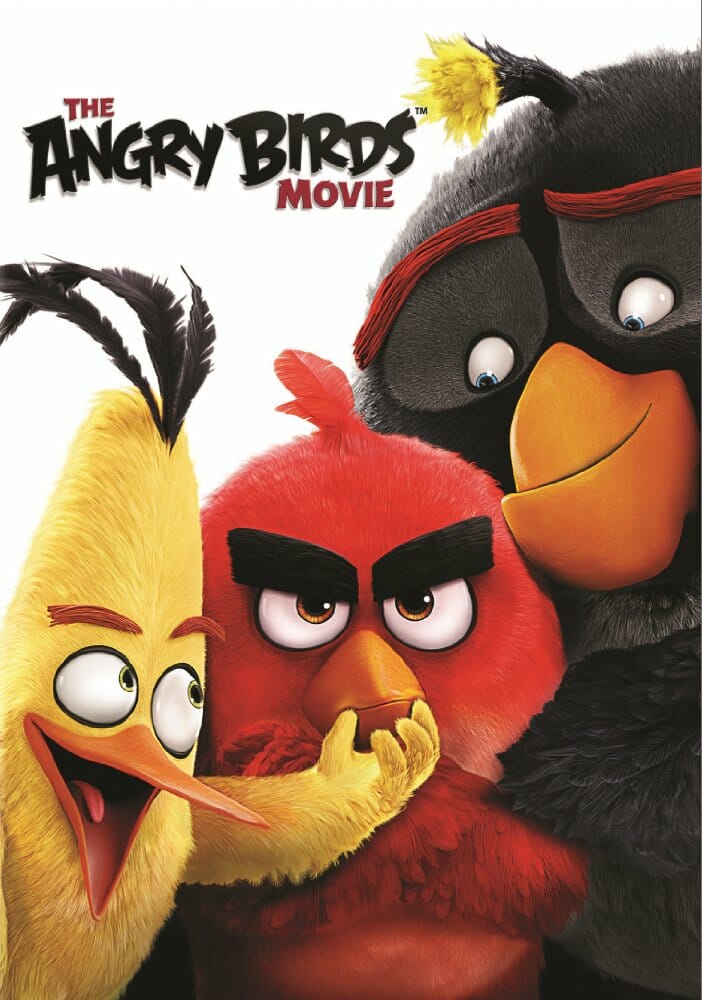
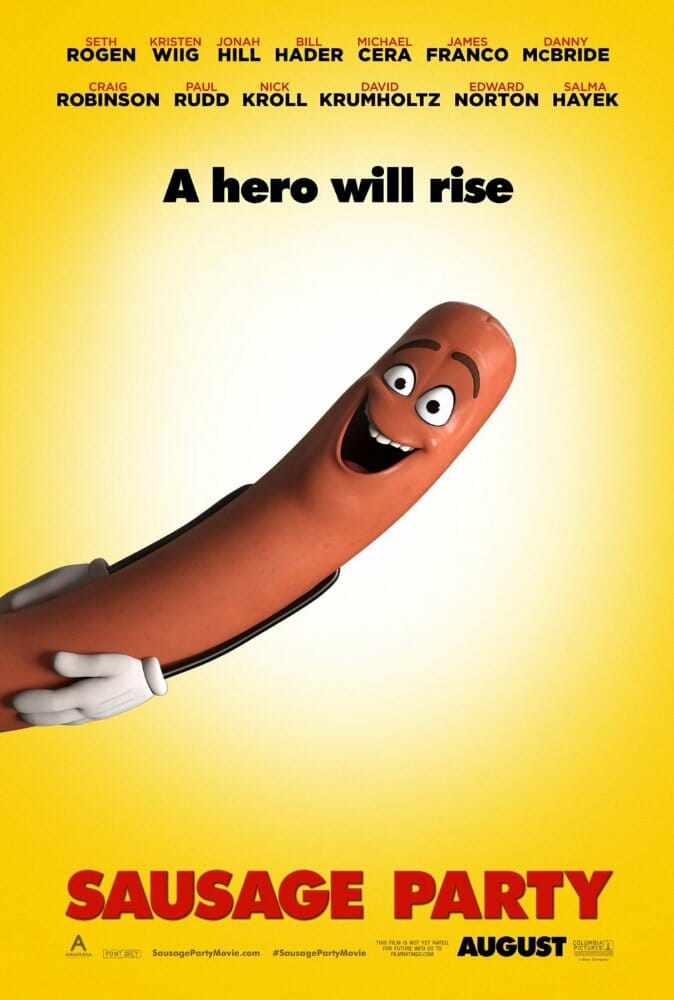 SAUSAGE PARTY
SAUSAGE PARTY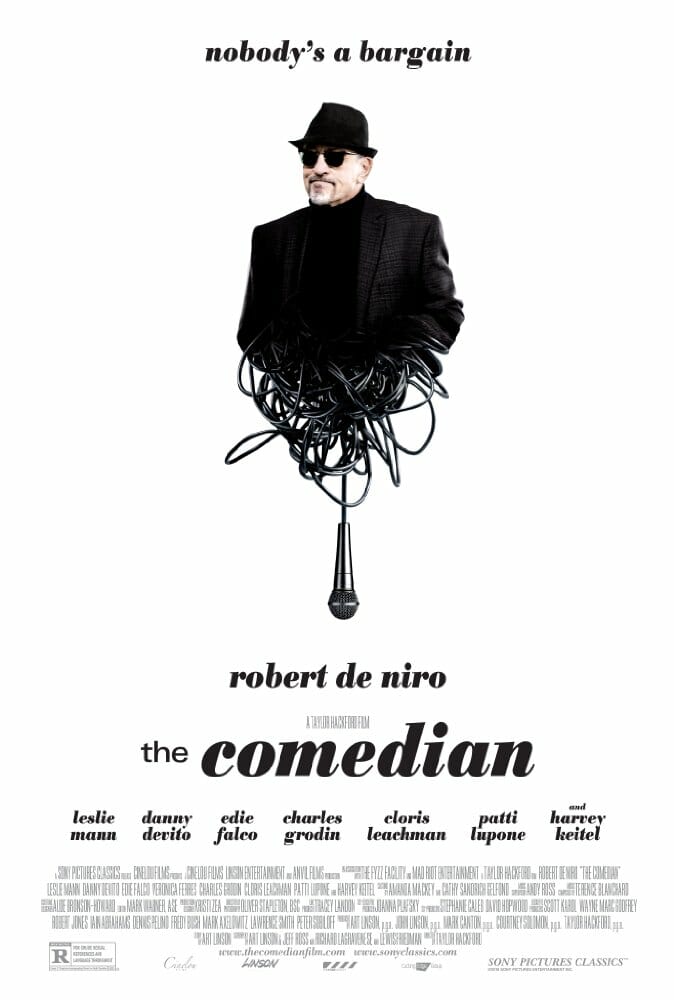 THE COMEDIAN
THE COMEDIAN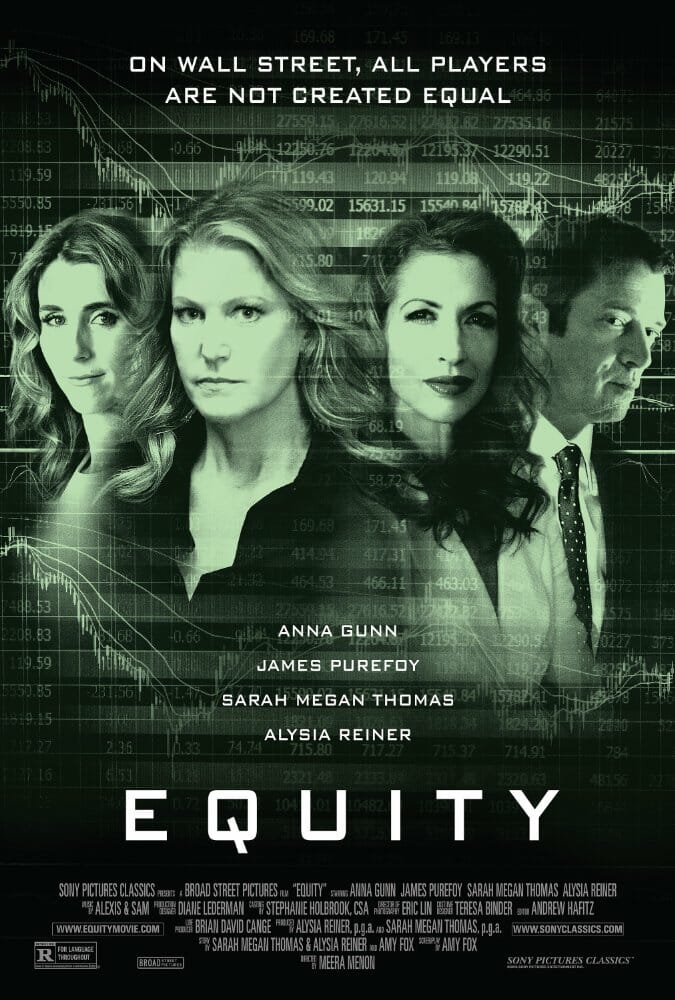 EQUITY
EQUITY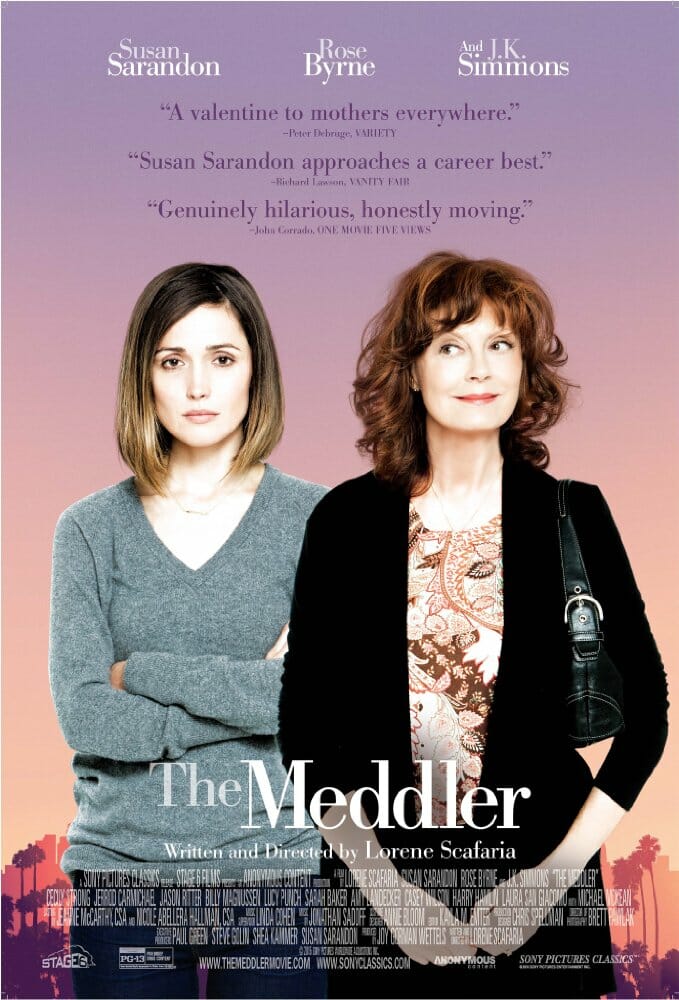 THE MEDDLER
THE MEDDLER










